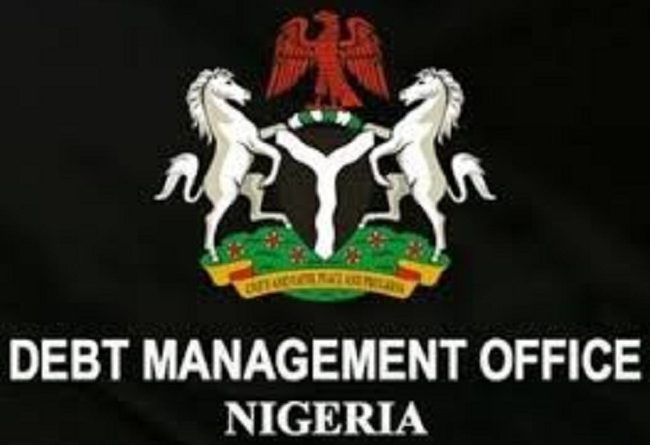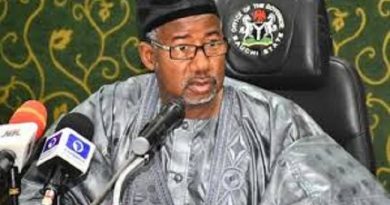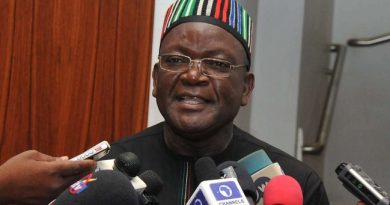Nigeria Huge Debt Service And Meagre Revenue
SIR: I read with keen interest and undivided attention a news story titled, “Debt servicing gulps N8trn as FG seeks more loans,” on the front page of Daily Trust newspaper of Friday, November 1.
In the story, the newspaper reported that President Muhammadu Buhari’s government had so far spent about N7.9 trillion to service both domestic and foreign debts it incurred in five years – from 2015 to 2019, saying the analysis of the country’s budgets in five years has shown.
The N7.9trn which was captured in the country’s annual budgets in the last five years showed that in 2015, the federal government spent N943 billion for debt servicing. Then, it spent N1.36trn in 2016 and N1.66trn in 2017. T
he analysis also revealed that in 2018, it spent N2.23trn on debt servicing, while in 2019 it had so far spent N2.14trn.
At the moment, our federal government, under the leadership of President Buhari is still seeking fresh loans despite the huge debts that have accrued over the years. This is quite unfortunate and worrisome, as an ever-increasing national debt hinders economic growth.
According to AfDB, the average revenue spent by West African countries on external debt servicing is 17 percent. This is high and even higher in Nigeria which spends about 50 percent revenue on external debt servicing.
It added that with the increasing domestic debt burden, the percentage of revenues spent on debt servicing in Nigeria was even higher.
The bank said that even though the country’s debt burden had increased by as much as 128 percent in the last eight years, Nigeria’s debt to Gross Domestic Product (GDP) remained low.
The low debt-to-GDP ratio notwithstanding, it added that the problem with the nation’s increasing debt burden was the high proportion of revenue spent on debt servicing.
The bank said: “In Nigeria, about half of the revenue is used to service external debt. The increasing domestic debt burden means that the total proportion of the revenue spent on servicing debt is even higher.
In a country where only six percent of GDP is collected in revenue, the high burden of debt service is a major concern.”
The AfDB said for countries moving from low-income status to middle-income status like Nigeria, the possibility of accessing concessional debt or increasing the proportion of grants appeared remote.
While sourcing for loans is entirely not bad, the government should be transparent in judiciously utilizing approved loans for aggressive infrastructural developmental that will, in the long run, transform the country’s economy, while also enhancing the masses’ standard of living.
Not loans that will find their way to the pockets of our “corrupt” government officials, families and cronies.
-
Saad Yushau Shuaib, Wuye District, Abuja.




